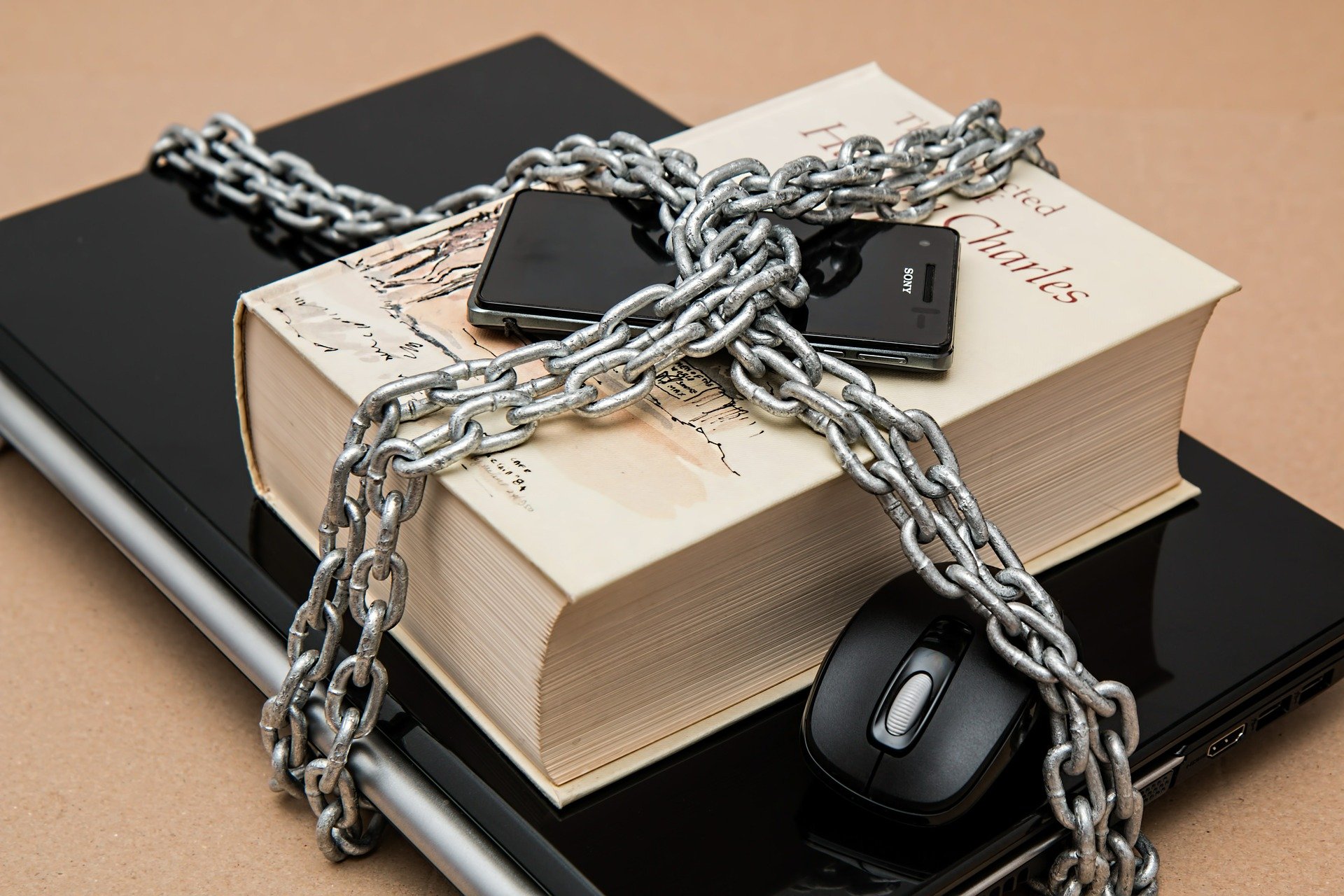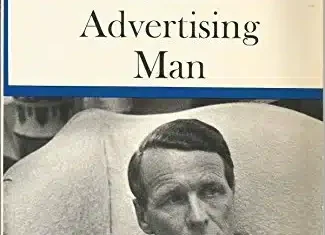Donald Trump has been pushing hard for Section 230 (part of the 1996 Communications Decency Act) to be repealed, but what happens if is it?
For starters, it’d make things much worse for Trump.
The bulk of Section 230 is this statement:
No provider or user of an interactive computer service shall be treated as the publisher or speaker of any information provided by another information content provider.
In other words, if users post something on a website, the owner of the site can’t be held liable for it (aside for things such as federal crimes). It’s kind of like if you send something illegal through the mail, the USPS doesn’t get in trouble for it. It’s a good thing.
The Electronic Frontier Foundation has this to say about the potential of Section 230 being eliminated:
Given the sheer size of user-generated websites it would be infeasible for online intermediaries to prevent objectionable content from cropping up on their site
Rather than face potential liability for their users’ actions, most would likely not host any user content at all or would need to protect themselves by being actively engaged in censoring what we say, what we see, and what we do online.
So what happens if Section 230 is repealed? No one knows for sure, but here are some possibilities:
No more reviews
Amazon and Yelp thrive on Section 230, allowing reviews that they’re not held liable for. Either they’ll need to moderate every single review, but more likely they’d just get rid of them to avoid the risk.
Facebook and Twitter dominate
Facebook and other sites would possibly need to pre-approve every single post and comment. That would be bad enough, but Facebook and a few other large networks are the only ones with the money and staff to do it. There’d be essentially no way for a new social network to compete without a huge budget for staff and moderation.
In Trump’s case, instead of occasionally getting “fact-checked” on Twitter, every Tweet of his would have to be pre-approved and he would no longer have that instant communication channel to the world.
Bye-bye, Wikipedia
Wikipedia is all about user-generated content, so it would disappear very quickly. Basically, anywhere that you can post on someone else’s site (like on social media), your ability to do that would be considerably reduced or removed.
So what should happen?
There’s not an easy answer. A full repeal of 230 would be disaster, but things are pretty messy already when it comes to fake news and censorship. Some tweaks to 230 could be good, but sorting those out will be a painful process. My point today is that the calls to “Repeal 230!” are seemingly misguided, and it’s a much more nuanced discussion that needs to happen.
The next few years should be interesting to watch, and will have massive impacts on how the internet will look in the future.




